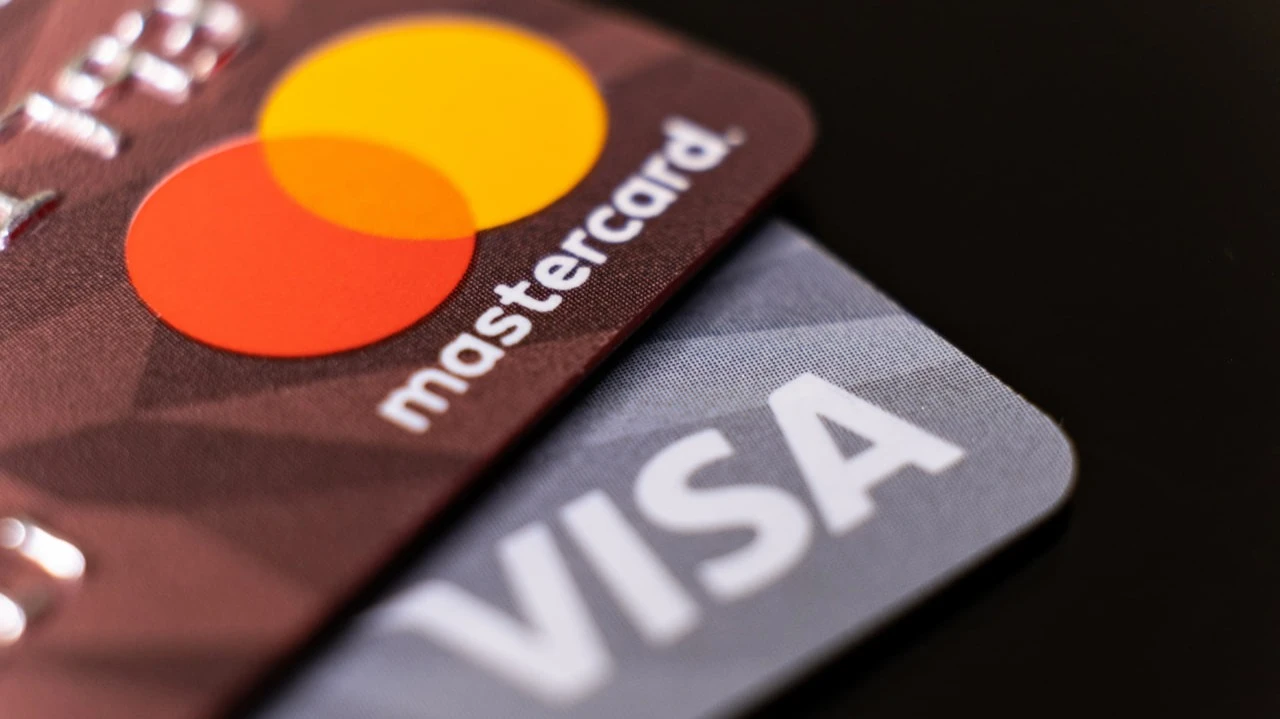Two analysts at once advise buying shares of payment systems. Stablecoins are not a hindrance?
"There can be no Wild West in payments," Wells Fargo says, explaining why stablecoins don't threaten Visa and Mastercard's business

Several Wall Street analysts have emphasized that concerns about the threat of stablecoins to the business of traditional payment systems - Visa and Mastercard - are exaggerated: these companies remain stable. Wells Fargo and Freedom Broker recommend using the slump in quotes, which was caused by the hype around cryptocurrency solutions, as a buying opportunity.
Details
Investors should take advantage of falling shares of payment companies, a Wells Fargo analyst said Tuesday, he was quoted by CNBC. "We recommend buying Visa and Mastercard shares amid the drawdown caused by concerns about stablecoins, as those fears are greatly exaggerated," analyst Donald Fandetti wrote in a note to clients.
He reiterated an "above market" (overweight) rating for both companies and maintained price targets that suggest upside potential for Visa and Mastercard shares of about 12%.
The securities of two global payment systems have fallen in price since the U.S. Senate approved a bill GENIUS to regulate stablecoins - dollar-backed cryptocurrencies. It establishes rules under which U.S. companies will be able to issue and use these tokens for settlements. Investors fear that the development of cryptocurrency solutions could undermine the position of traditional players, CNBC writes. On Wednesday, June 25, quotes of Visa and Mastercard fell more than 1.3%.
Freedom Broker analysts are also betting on Mastercard's recovery from the selloff: the market reaction to stablecoins has been excessive, according to a review available from Oninvest.
Freedom recommended Mastercard shares to buy with a target price of $576 - it's 3.8% above the current price target.
Why analysts don't believe in the threat of stablecoins
Stablecoins are similar to account-to-account payments - where funds can be transferred bypassing intermediaries in the form of payment systems. However, this method, according to Wells Fargo's Fandetti, has not been widely adopted. And earlier alternatives to Visa and Mastercard "have been slow to advance and have not gained mass acceptance," the analyst recalled. "Banks are likely to resist their own displacement, which we believe further supports Visa and Mastercard's position. As far as we know, the GENIUS bill will not allow interest on funds in stablecoins," Fandetti said.
"We believe that fears about stablecoins will subside. There can be no Wild West in the payments industry," he concluded.
Freedom Broker also believes that cryptocurrencies do not pose a threat to the card model. "The projects are at an early stage, implementation will take time, and the steblecoin settlement model itself is unlikely to completely displace traditional payment systems," the note says.
Moreover, Mastercard, too, is actively investing in digital currencies and infrastructure for settlement in stablecoins, which will allow it to build into the emerging ecosystem, Freedom analysts point out. In particular, the company announced that it plans to issue cards linked to the token together with FIUSD's steiblcoin issuer, Fiserv.
In addition, Freedom recalls, Mastercard's business is showing solid growth with net margins of around 45% and double-digit revenue growth rates.
What are other analysts saying?
Jefferies analyst Trevor Williams doesn't see any business risks to Visa or Mastercard from stablecoins either, but emphasizes that fears do abound: "The volume and nature of questions we receive from investors around the world suggests that concerns about potential risks are unlikely to go away anytime soon," he said in a research note on Monday, its cited by MarketWatch.
Williams said the situation is reminiscent of 2021, when investors feared competition from buy now pay later services and other fintech companies, and Visa and Mastercard shares were under pressure then;
The vast majority of Wall Street analysts advise buying Visa securities: 34 out of 43, according to MarketWatch's data. Eight recommend holding them, and only one recommends selling them. Attitudes toward Mastercard are similar: its shares are advised to buy by 29 of 42 covering analysts. Twelve analysts suggest keeping it in their portfolios, while one analyst suggests selling it.
This article was AI-translated and verified by a human editor
